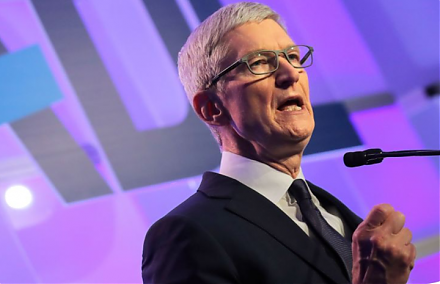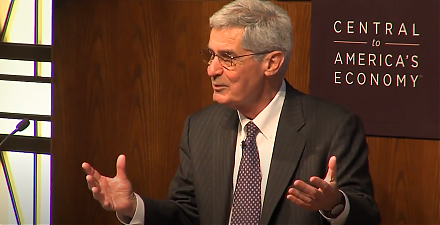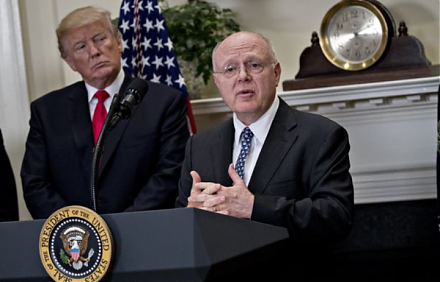

2019-01-17 10:41:00 Thu ET
technology antitrust competition bilateral trade free trade fair trade trade agreement trade surplus trade deficit multilateralism neoliberalism world trade organization regulation public utility current account compliance
Sino-American trade talks make positive progress over 3 consecutive days as S&P 500 and global stock market indices post 3-day win streaks. Asian and European stock markets reap sharp gains primarily due to cautious optimism over the results of complete trade negotiations between China and America. In this new light, stock market analysts view these trade talks as serious and productive because these talks extend to the third day with some concrete trade war resolution. The 3-day trade negotiations between mid-level Sino-U.S. senior reps end on a positive note and also help clear the way for subsequent higher-level trade talks. All these joint effects aim to avert any further major escalation of the Sino-American trade war in early-March 2019.
The Xi administration pledges to buy more U.S. goods and also seeks to improve the best practices on Chinese intellectual property protection. The trade talks can help reduce the Sino-American trade deficit by a substantial dollar amount. In turn, the Trump team emphasizes the clear intention to ensure Chinese compliance with *continual verification and effective enforcement*. Thus, the Trump administration continues to restrict Chinese investments in critical technology transfers from U.S. tech titans such as Apple, Amazon, Google, Intel, Microsoft, and Qualcomm etc.
If any of our AYA Analytica financial health memos (FHM), blog posts, ebooks, newsletters, and notifications etc, or any other form of online content curation, involves potential copyright concerns, please feel free to contact us at service@ayafintech.network so that we can remove relevant content in response to any such request within a reasonable time frame.
2018-07-11 09:39:00 Wednesday ET

In recent times, the Trump administration sees the sweet state of U.S. economic expansion as of early-July 2018. The latest CNBC All-America Economic Survey
2019-03-03 10:39:00 Sunday ET

Tech companies seek to serve as quasi-financial intermediaries. Retail traders can list items for sale on eBay and then acquire these items economically on
2023-05-27 11:30:00 Saturday ET

Bank failure resolution and financial risk management: Silicon Valley Bank, Signature Bank, and First Republic Bank. What are the main root cau
2018-09-03 09:31:00 Monday ET

Amazon follows Apple to become the second American public corporation to hit $1 trillion stock market valuation. Amazon's founder and chairman Jeff Bezo
2026-04-30 08:28:00 Thursday ET

In the current global market for better biotech advances, medical innovations, and healthcare services, the new integration of artificial intelligence (AI)
2018-10-15 09:33:00 Monday ET

Several pharmaceutical companies now switch their primary focus from generic prescription drugs to medical specialties such as cardiovascular medications an